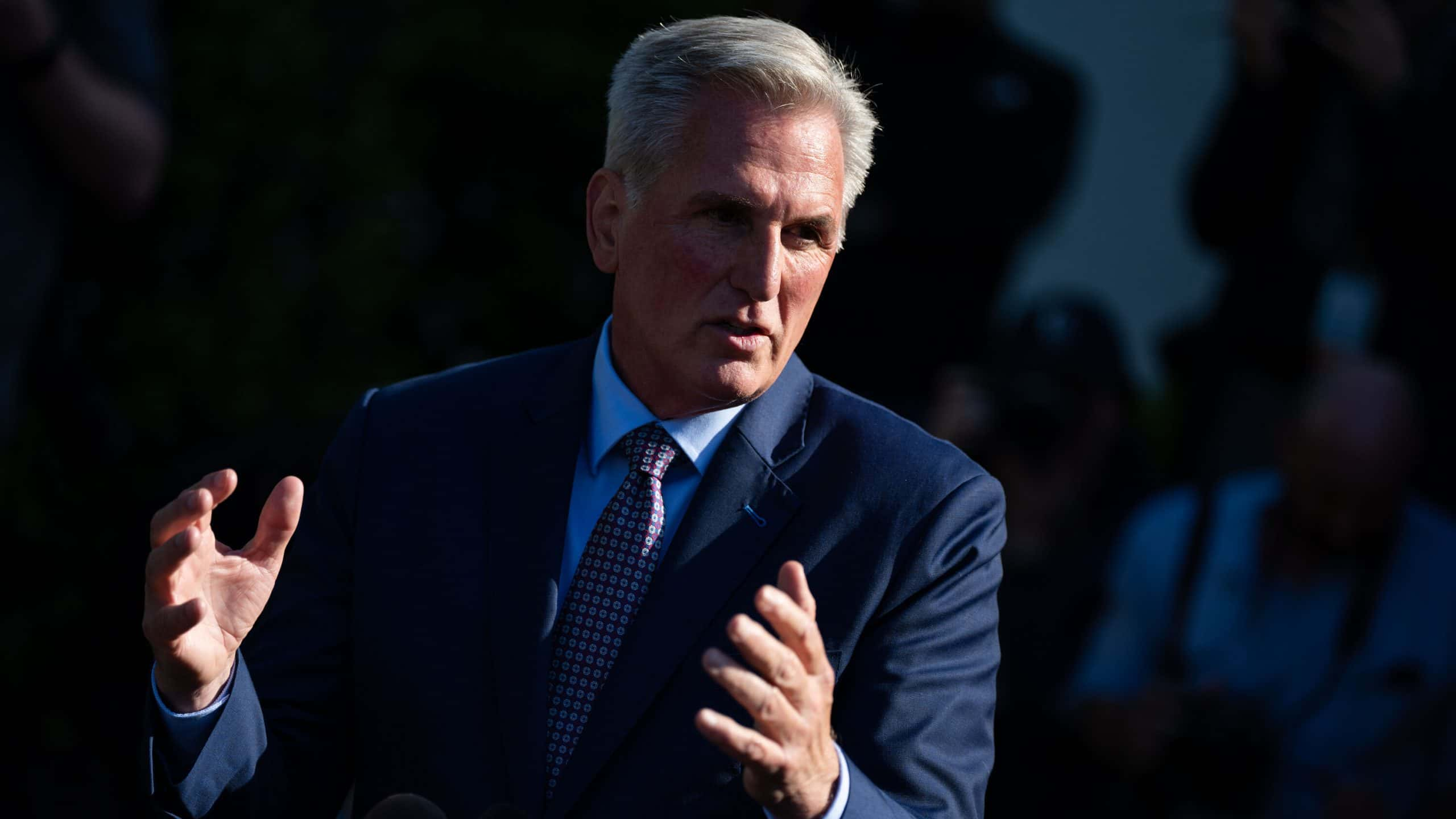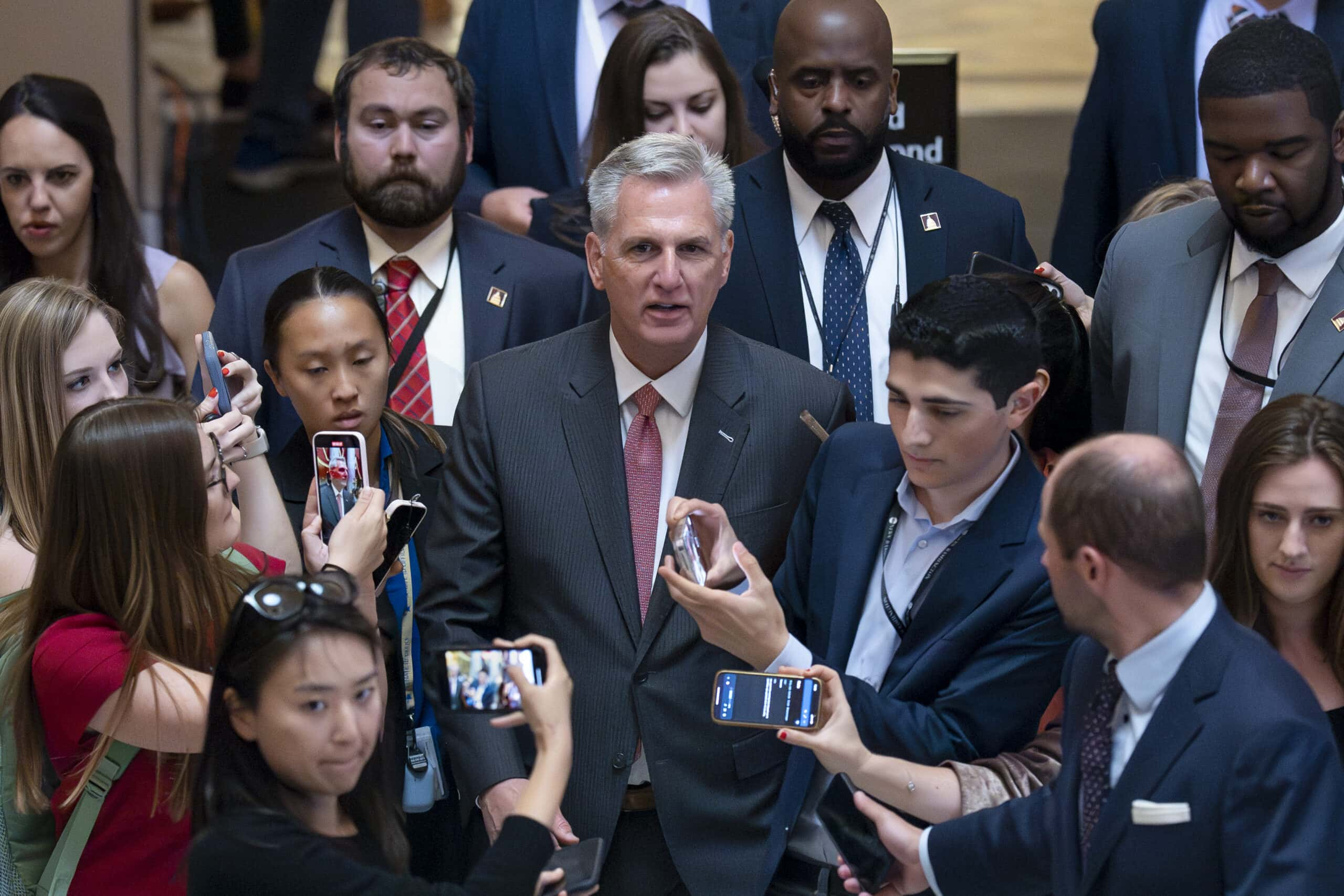Although the recent agreement to raise the U.S. debt ceiling temporarily averted an economic crisis, it deferred addressing major budgetary issues such as Social Security.

Social Security could face potential cuts as part of efforts to reduce the U.S. deficit, according to recent developments in budget negotiations
House Speaker Kevin McCarthy plans to establish a bipartisan commission to identify strategies for reducing the deficit, with a specific focus on reviewing the entire budget for potential cuts. McCarthy emphasized that mandatory spending, including Medicare, Social Security, and interest on the debt, drives the majority of the budget.
Social Security constitutes the largest federal program, accounting for 21% of the total budget last year. McCarthy’s comments suggest that proposing changes to Social Security could be a key priority for the commission. One potential option that may be considered is gradually raising the full retirement age, which has been implemented before and was recommended by the Bowles-Simpson Commission in 2010.
The Bowles-Simpson Commission also proposed adjusting the benefit formula to control costs, gradually raising the early retirement age, and reducing benefits for higher earners. Another idea previously floated is reducing Social Security benefits for individuals with higher incomes, arguing that wealthier Americans do not require such benefits for a comfortable retirement.
However, significant differences between Democrats and Republicans on how to address the federal deficit and preserve Social Security may hinder the commission’s ability to reach a consensus.
Similar recommendations from the Bowles-Simpson Commission failed to gain sufficient support in Congress
Nevertheless, the urgency to address the issue remains evident, as Social Security’s trust funds are projected to run out by 2034, potentially resulting in benefit cuts for all retirees. To prevent this, Democrats and Republicans may need to collaborate once again, potentially combining revenue increases, such as raising the payroll tax cap, with benefits cuts, such as gradually raising the full retirement age.
Despite the challenges, the possibility of finding a solution exists, as demonstrated by the recent agreement to raise the budget ceiling. Political negotiations, though messy, can lead to successful outcomes.




